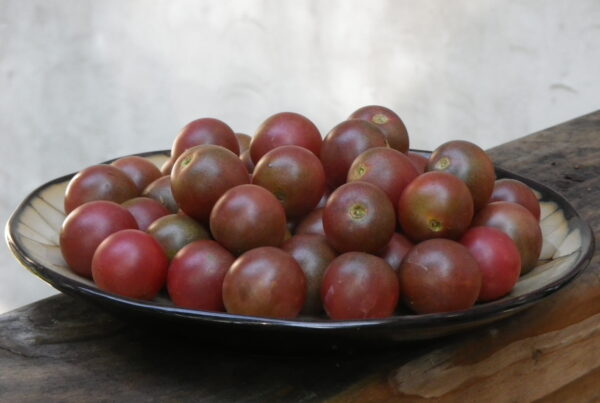TAKE ACTION!
USDA Requests Pubic Input on Meat and Poultry Processing Infrastructure
USDA has announced that it will invest $500 million in on Meat and Poultry Processing Infrastructure and has requested public comment on how to administer the programs and utilize the funds. We really need to push USDA to direct this funding towards small processors and to administer the program in a way that serves small to midscale family livestock farmers and does not simply perpetuate corporate scale factory farming.
The deadline to submit comments is August 30 – check out the Federal Register notice on this comment period, as well as the NSAC blog on this opportunity. investmen funding for this and invited public comment on the program and its administration = again tight deadline, August 30. Since this has become a policy priority for VABF, it definitely merits inclusion in our e-newsletter this month. Francesca – can you flesh this one out and maybe put it at the top of the Policy section of the e-newsletter?
On this same topic, NSAC has posted an action item seeking Congressional co-sponsors for the Strengthening Local Processing Act, which will specifically support the development of smaller-scale, decentralized slaughter facilities so that livestock farmers of any scale anywhere in the US can gain access to this vital link in the value chain from farm to customer.
TAKE ACTION!
Seeking Co-Sponsors for the Agriculture Resilience Act of 2021
National Sustainable Agriculture Coalition (NSAC) is continuing its advocacy endeavors to recruit additional Congressional co-sponsors for the Agriculture Resilience Act of 2021 (ARA), introduced earlier this year into the House by Rep. Chellie Pingree and in the Senate by Senator Martin Heinrich. NSAC and urges one and all to call their Members of Congress to ask them to become cosponsors.
While we do not anticipate the ARA becoming law as it is currently stands, it can play a vital role in shaping the 2023 Farm Bill. Inclusion of its key provisions in the Farm Bill will strengthen its Research, Conservation, and Rural Development Titles to support farmers and rural communities build their resilience to the impacts of climate disruption and to become part of the solution through improved farming and ranching practices that absorb CO2 into living soils and plant biomass, and minimize greenhouse gas emissions. To learn more about the ARA see this Section by Section summary.
Here in Virginia, Representatives Abigail Spanberger (D-7th) and Gerald Connolly (D-11th) have already joined Rep. Pingree as original cosponsors – so those of you in their districts, call them to say Thank you! Both of our Senators are strong supporters of agricultural conservation, local food systems, and effective climate action – let’s all call them to urge them to co-sponsor the ARA. For those of you in districts other than the 7th and 11th, call your Representative. Note that Don McEachin (4th) in particular, served on the House Committee on the Climate Crisis and is likely to respond to multiple constituent calls in support of this bill.
News from National Sustainable Agriculture Coalition (NSAC)
National Sustainable Agriculture Coalition
Holds its Summer 2021 Meeting by Zoom
On August 2 – 5, NSAC held its summer meetings, which focused on developing strategies for the upcoming 2023 Federal Farm Bill, on which Senate and House Agriculture Committees will begin work later this year. For four consecutive afternoons, we gathered to identify priorities, discuss strategies, and explore opportunities and challenges in the current political landscape for sustainable agriculture. Two themes running through our meetings were:
- Dismantling racism and promoting racial equity throughout the sustainable agriculture movement, the USDA, and the nation’s food and agriculture system.
- Meeting the challenges of climate disruption through direct mitigation and carbon sequestration and through building agricultural and community resilience to the impacts of the climate crisis.
We also took time to have some fun, connect with one another, and share SARE stories in a retirement celebration for long-time SARE leader Kim Kroll. Check out the recent blog post on the NSAC summer meeting.
National Farmers Market Week links stakeholders with decision makers
Check out this NSAC blog post on the recent National Farmers Market Week , which took place on August 1-7 and provided a platform for vendors, market managers and local food systems organizers to engage with elected officials. s Platform for Essential Engagement with Elected Officials.
Agricultural Appropriations take a few Steps in the Right Direction
The House Agriculture Appropriations Bill, three Amendments to the House Bill, and the Senate Bill include increased funding for the Sustainable Agriculture Research and Education (SARE) program, and for conservation, climate mitigation and resilience, and local/regional food systems in other research, conservation, and rural development programs.





